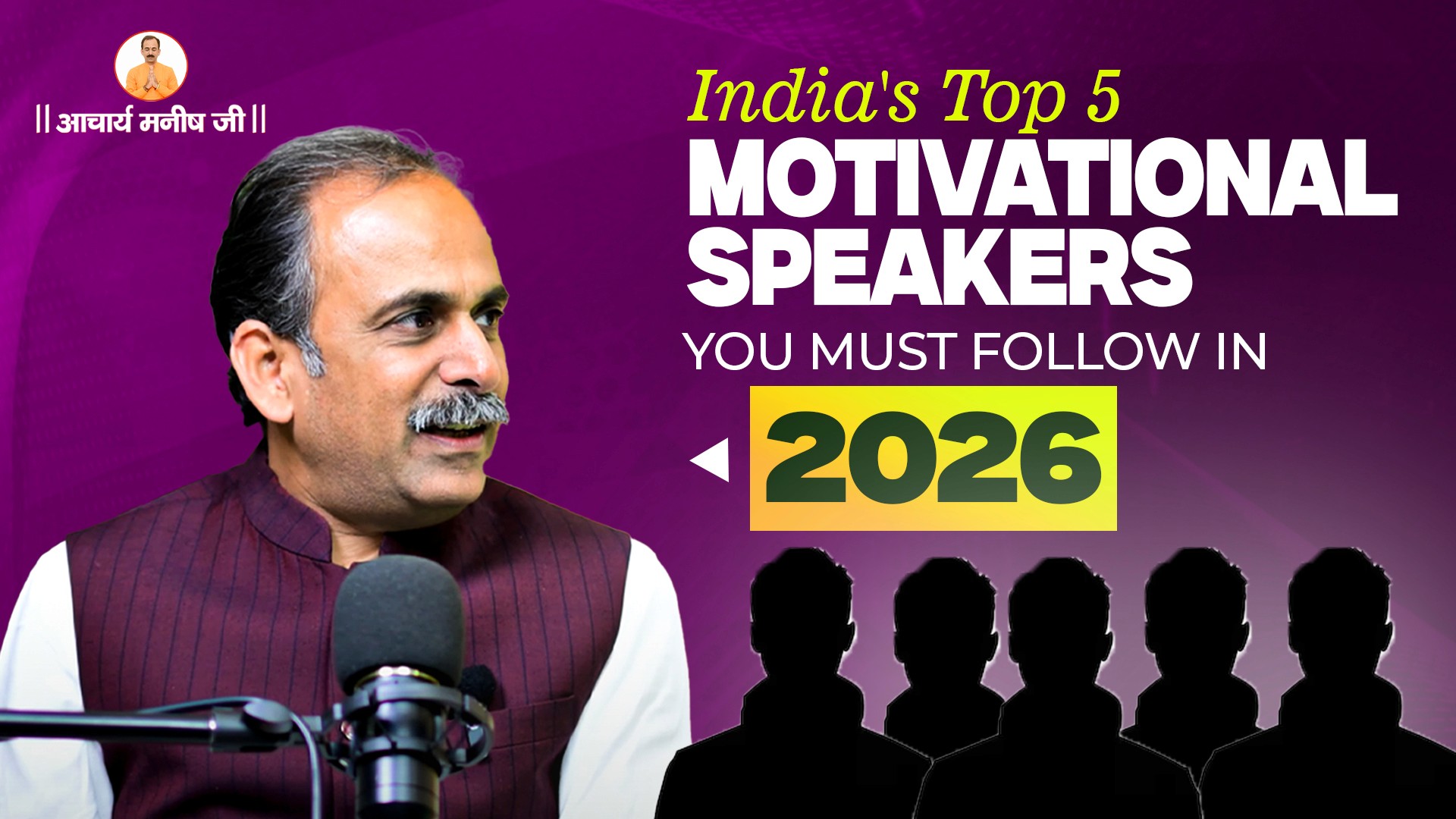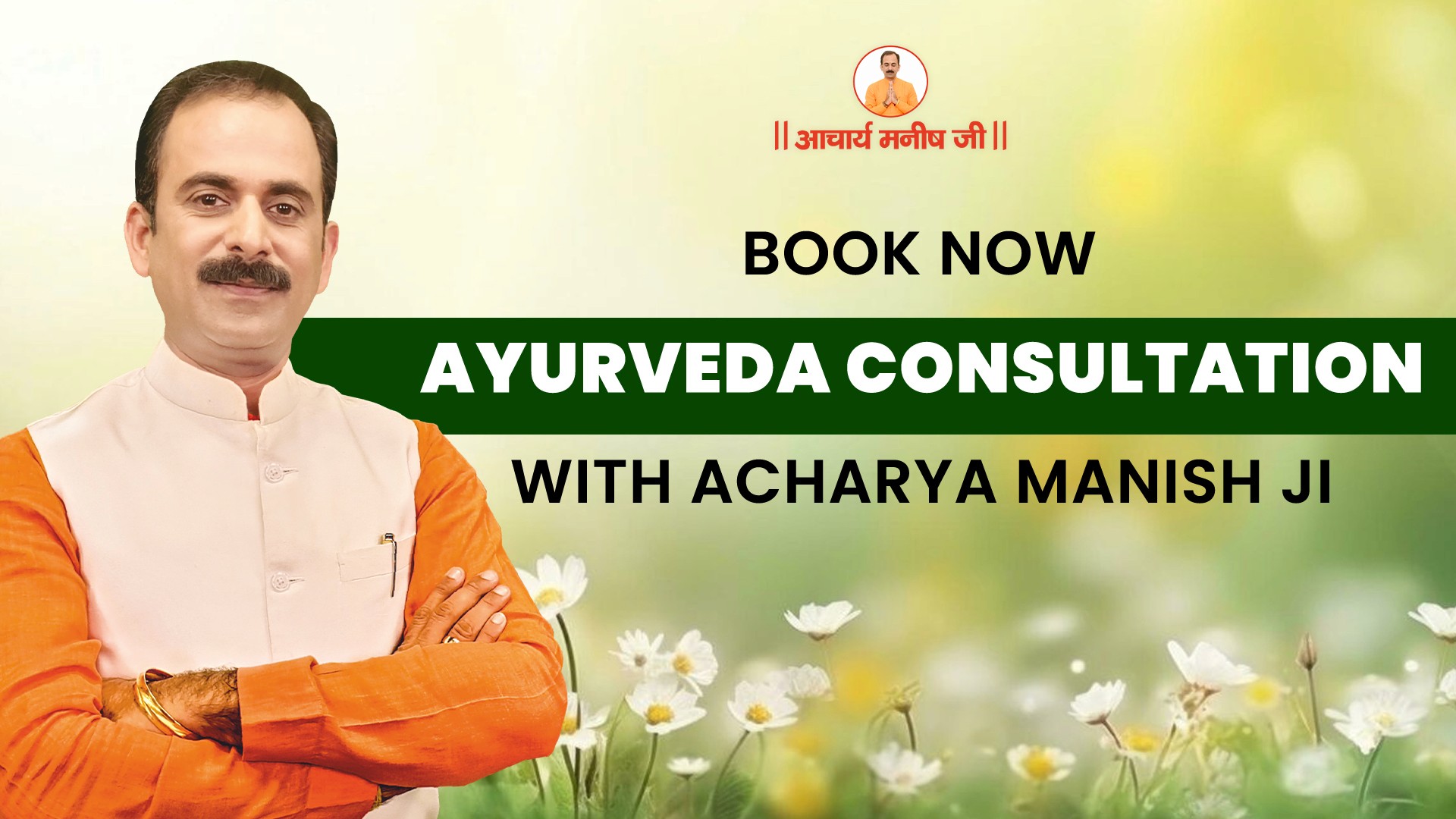Ayurvedic Solutions for Piles Pain: Acharya Manish Ji’s Proven Remedies

Piles, which are also known as haemorrhoids, act as a painful and complicated medical condition that impacts numerous people throughout the world. Swollen veins in the rectal area make up piles, which cause various discomforts, including bleeding and treatment-related irritation.
The Western medical approach provides short-term pain relief by combining creams with surgeries, yet Ayurveda applies holistic detoxification methods to heal piles by reading about their fundamental causes.
As a leading Ayurvedic and holistic expert, Acharya Manish Ji has treated thousands of patients with piles through nonsurgical healing methods. He offers patients lasting recovery from piles by combining dining recommendations, botanical treatments, Panchakarma therapy for piles pain, and daily habit adjustment.
In this blog, we will know Ayurvedic solutions for Piles Pain.
Understanding Piles in Ayurveda
The traditional medical system of Ayurveda explains that the three energetic body types (doshas), known as Vata, Pitta, and Kapha, create conditions that lead to the development of piles (Arsha). The combination of impaired digestion, sedentary living, and unhealthy dietary choices leads to poor growth. Ayurvedic medicine divides piles into two distinct categories.
Dry Piles (Shushka Arsha): Dry Piles are a condition without bleeding that intensifies pain throughout the body.
Bleeding Piles (Rakta Arsha): The condition known as bleeding piles results in blood loss while passing stool, which might weaken the body.
Ayurvedic Solutions for Piles Pain presents natural remedies for piles pain that address digestion problems, minimize inflammation and improve bowel movements to eliminate the need for surgical interventions.
Ayurvedic Solutions for Piles Pain Relief
1. Panchakarma Therapy
Panchakarma, a detoxification therapy in Ayurveda, is crucial in treating piles at its root. HiiMS hospitals offer specialized Panchakarma treatments that help cleanse the digestive system and restore balance. The key Panchakarma therapy for piles pain include:
Virechana (Therapeutic Purgation): Virechana therapy helps eliminate toxins from the liver and intestines, ensures smooth bowel movements, and reduces strain during defecation.
Basti (Medicated Enema): Basti therapy involves the administration of herbal oils and decoctions through the rectum to lubricate the intestinal walls, reduce inflammation, and promote healing.
Kshara Karma (Herbal Cauterization): A specialized Ayurvedic procedure, Kshara Karma involves the application of an alkaline herbal paste to shrink haemorrhoids naturally, providing relief from pain and discomfort.
By undergoing Panchakarma therapy for piles pain under expert supervision, patients experience long-lasting relief and prevent the recurrence of piles.
2. Kshar Sutra Treatment
Kshar Sutra therapy is a specialized Ayurvedic procedure performed under aseptic conditions. It involves cleaning the infected tract, inserting a medicated thread (Kshar Sutra), and regular follow-ups for thread changes.
Preparation includes a detailed patient evaluation, including physical examination and investigations like an MRI fistulogram for fistulas. A mild laxative is given the night before to ensure a clear bowel. The affected area is cleaned with an antiseptic solution to prevent infections.
For Anal Fistula & Pilonidal Sinus, the surgeon identifies the internal and external openings using a probe. The Kshar Sutra is inserted through the fistulous tract and tied externally. The procedure takes about 5–25 minutes. The base is marked in Haemorrhoids, and the Kshar Sutra is tied around it. The upper part may be excised or left to slough off naturally.
Post-procedure care includes mild painkillers, Sitz baths, a high-fibre diet, and proper hygiene to avoid infections. Follow-up involves replacing the Kshar Sutra every 7–10 days. With each change, the thread length shortens as healing progresses. The thread naturally falls off when 89% of the wound is healed; complete recovery usually takes 4–6 weeks.
A qualified Ayurvedic surgeon must perform this treatment. It is not suitable for patients with bleeding disorders or uncontrolled diabetes without proper precautions. Strict adherence to post-operative care is necessary to prevent complications.
3. Lifestyle and Dietary Changes for Long-Term Relief
Acharya Manish Ji strongly advocates the following lifestyle modifications to prevent and manage piles effectively:
High-Fiber Diet: Consume fibre-rich foods like whole grains, fruits, vegetables, and flaxseeds to maintain soft stools.
Hydration: Drinking 8-10 glasses of water daily helps in smoother bowel movements.
Regular Exercise: Yoga and walking improve digestion and prevent constipation.
Avoid Spicy & Processed Foods: Excessive spice and junk food aggravate Pitta dosha, worsening piles.
Mindful Bowel Habits: Avoid straining and prolonged sitting during bowel movements.
Healing Piles the Ayurvedic Way
Ayurveda focuses on balancing the body's internal energies to heal ailments naturally. Acharya Manish Ji’s holistic approach, incorporating Ayurvedic herbs, Panchakarma therapy for piles pain, and lifestyle changes, has transformed the lives of countless individuals suffering from piles.
By embracing these natural remedies for piles pain and making mindful choices, one can permanently relieve piles of pain without surgery.
For personalized consultation and natural remedies for piles pain, explore HiiMS hospitals and learn the Ayurvedic way of life under the guidance of experts.
FAQs
Q. Can Ayurveda permanently cure piles?
Ans. Ayurveda may treat the root cause of piles through diet, herbal remedies, and Panchakarma therapy.
Q. Which Panchakarma therapy is best for piles?
Ans. Virechana and Basti are highly effective in detoxifying the body and healing piles naturally.
Q. What foods should I avoid if I have piles?
Ans. Spicy, oily, and processed foods should be avoided as they aggravate Pitta dosha and worsen piles.
Q. Is surgery necessary for piles treatment in Ayurveda?
Ans. Ayurveda offers natural remedies for piles pain like Kshar Sutra, herbs, and Panchakarma therapy for piles pain without surgery.
Q. How long does it take to see results with Ayurvedic treatment?
Ans. Results vary, but relief can be experienced within a few weeks with proper diet and therapy.
Acharya Manish invites you to join him on this journey towards holistic wellness. Embrace the ancient wisdom of Ayurveda and Naturopathy, and be a part of a global community committed to natural health and well-being.
Join the Movement
1.5k+ Already Subscribed
Book An Appointment
Schedule online. It's easy fast and convenient



